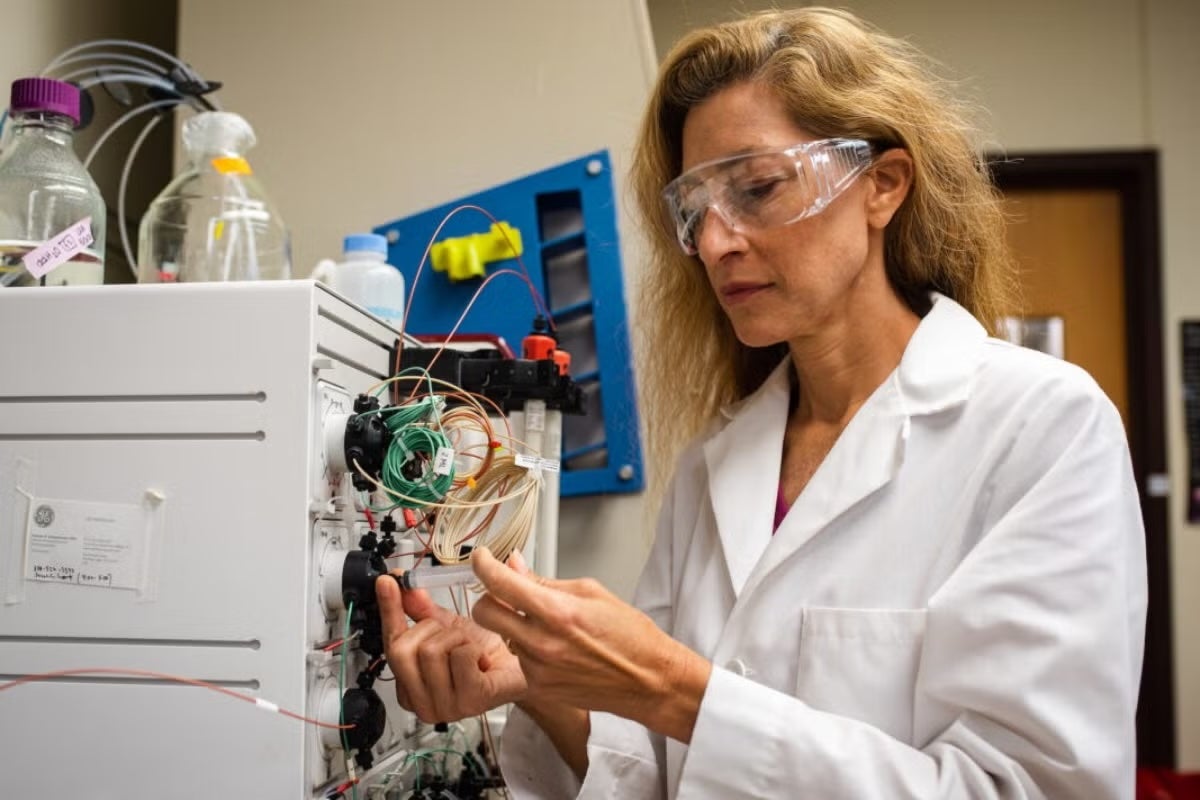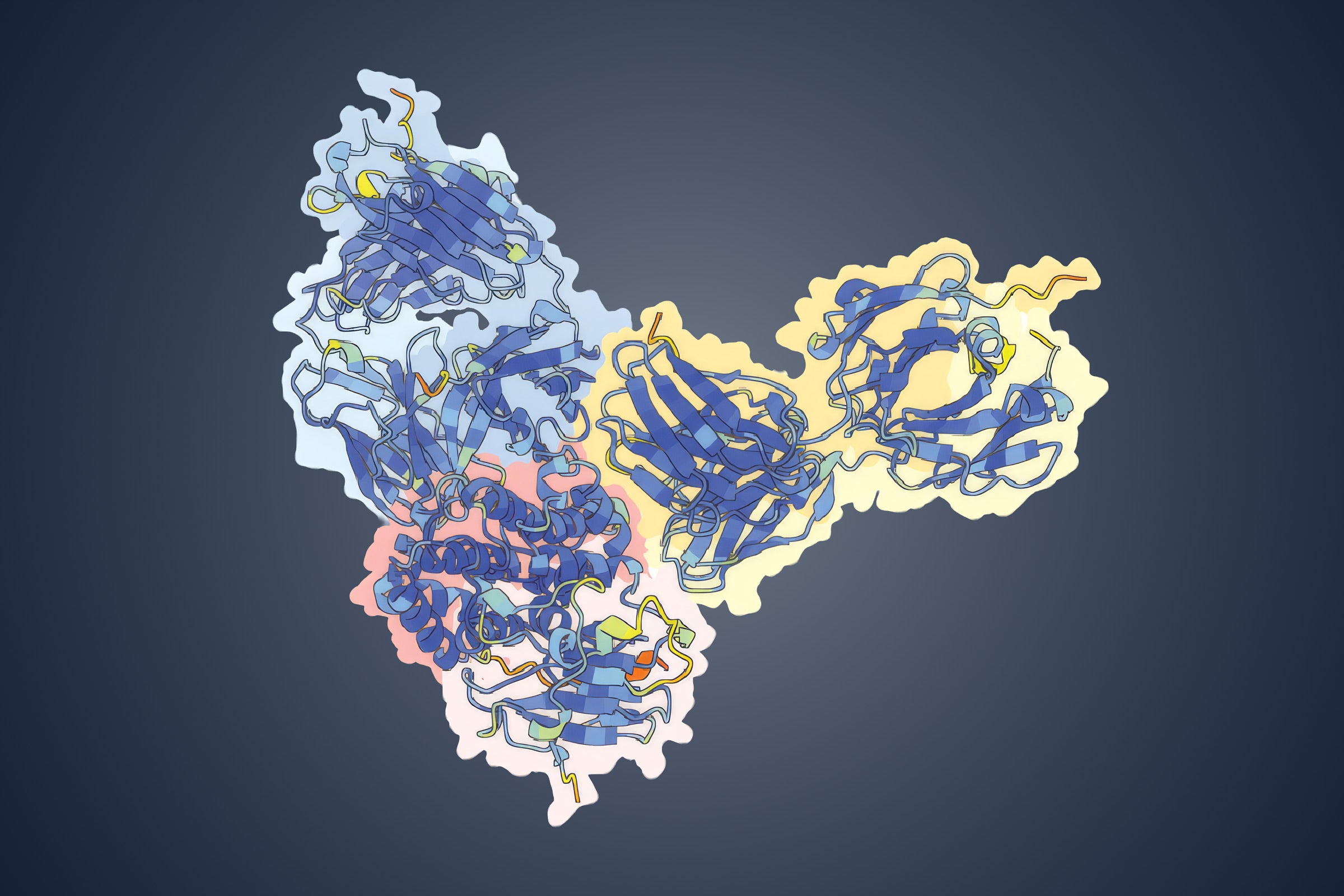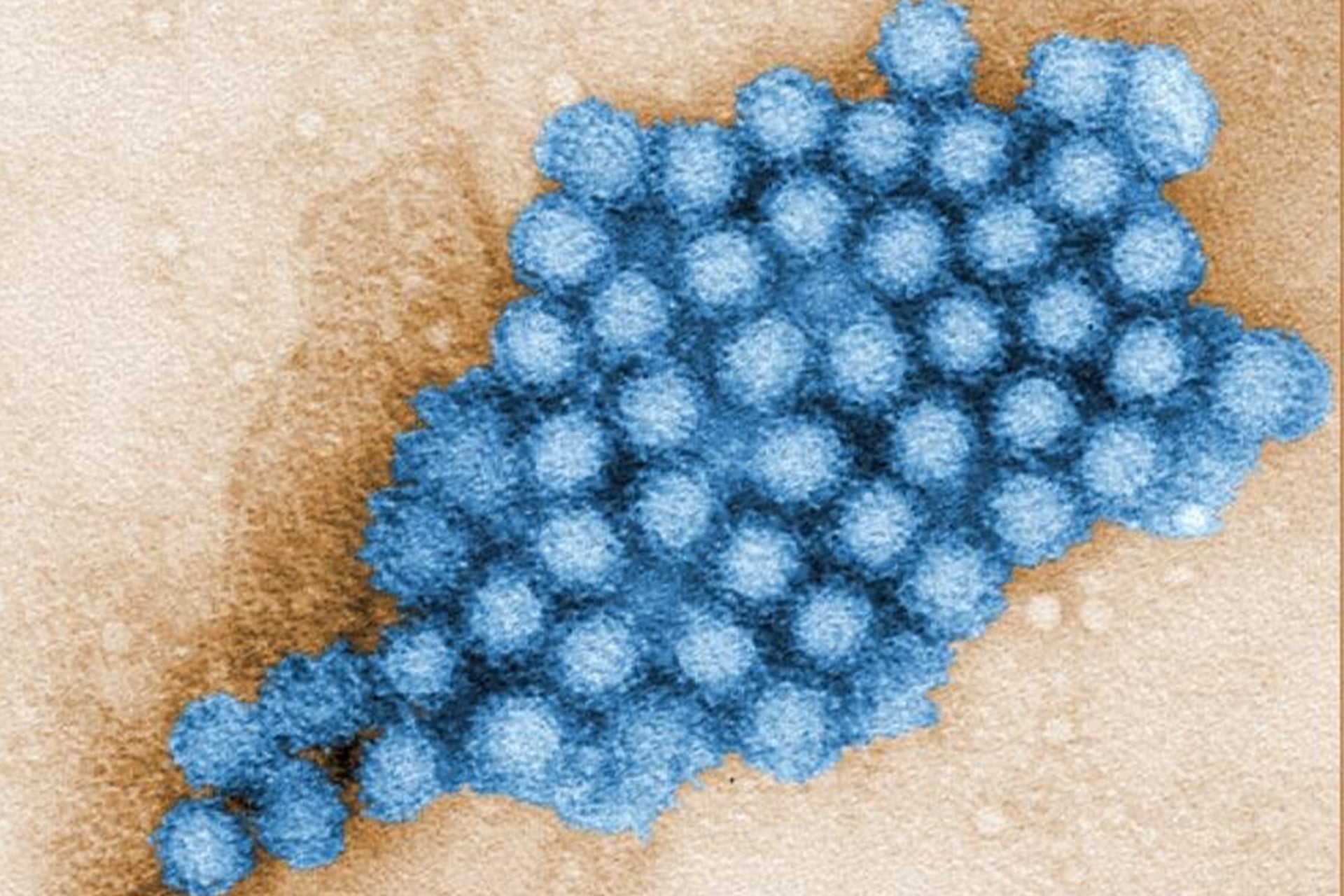News: Infectious Diseases
Read the latest news from the College of Natural Sciences at The University of Texas at Austin
UT News
Cytomegalovirus Breakthrough Could Lead to New Treatments
A new antibody design blocks cytomegalovirus from hiding from the immune system and could lead to safer, more effective treatments for vulnerable patients.

AI Tips Off Scientists to New Drug Target to Fight Monkeypox Virus
The breakthrough could be used in a new vaccine or antibody therapy to fight mpox, the disease caused by the monkeypox virus.

A New Tool for Healthcare Gives Better Outbreak Forecasts
Pinpointing an outbreak’s peak, the approach can boost health systems’ preparedness and risk communication.

New Gene-Editing Tech Holds Promise for Treating Complex Genetic Diseases
Advanced biotechnology repurposes two bacterial immune systems to correct large stretches of DNA.

Virus Slayer Awarded ‘Genius Grant’ by MacArthur Foundation
The award recognizes Jason McLellan’s work to investigate how viruses infect our cells and to develop new treatments for infectious disease.

Three UT Austin Faculty Members Selected to the American Association for the Advancement of Science
Ken Keiler studies basic molecular biology with the aim of developing new antibiotics.

Research Identifies Key Antibodies for Development of Broadly Protective Norovirus Vaccine
Discovery brings us one step closer to vaccine and treatment for prevalent virus.

UT Vaccine Scientist Will Be Inducted Into National Inventors Hall of Fame
McLellan, who will be inducted in Washington, D.C. on May 8, is among the youngest new inductees in hall of fame history.

Preparing for Future Outbreaks, Experts Use Disease Simulation Exercise
Public health officials and researchers gathered this month for a gamified version of an outbreak investigation.

Newly Discovered Antimicrobial Could Prevent or Treat Cholera
Natural antimicrobials called microcins are produced by bacteria in the gut and show promise in fighting infection.

